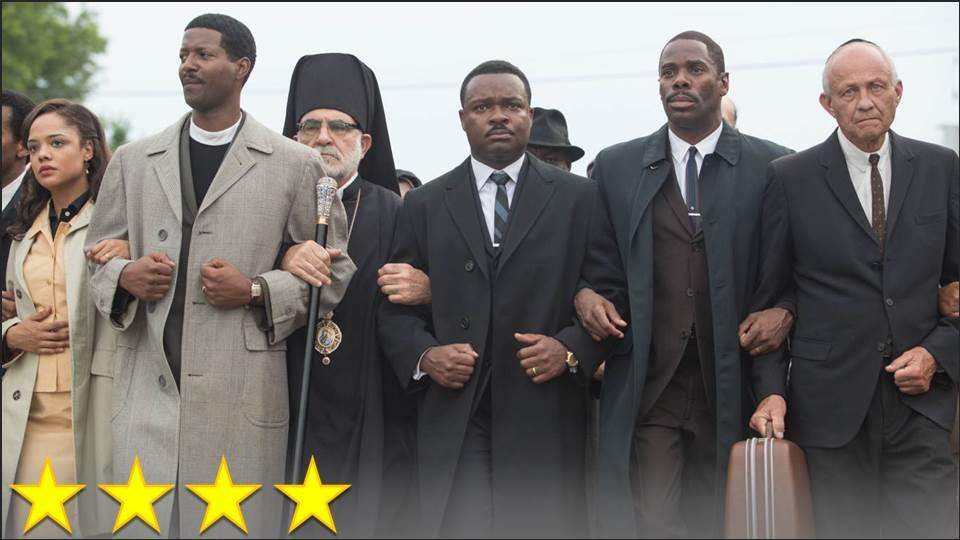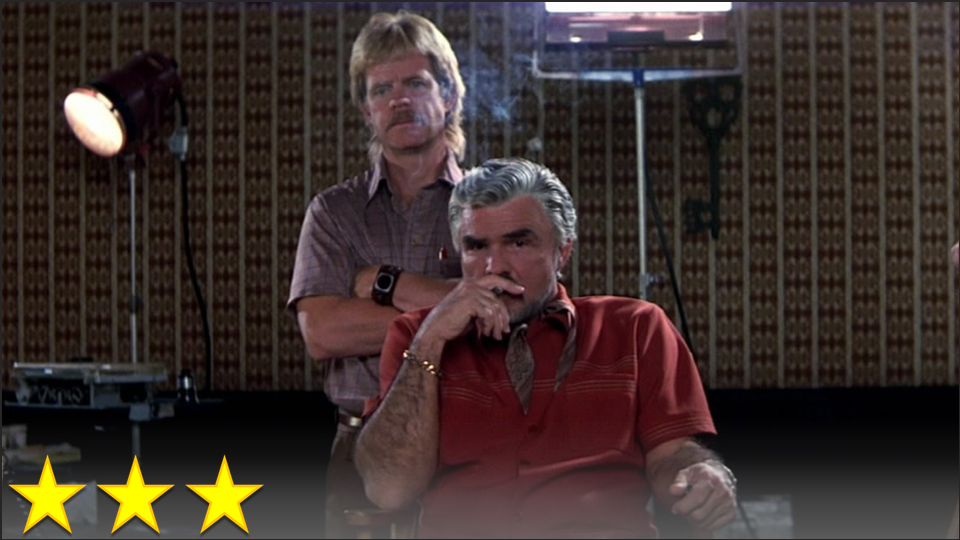I cannot relieve that I’m reviewing this movie right now. I just don’t feel qualified to comment on it. Since I still review most of the films I watch, if only so I can keep practicing my writing and keep fine-tuning my cinematic eye, I still feel uncomfortable expressing my opinions about it. I’m no historian, and the vast majority of history that I do know pertains to talking socks, so I cannot review this as an informed critic. Consequently, I will have to talk about this from the perspective of what I do know – how the movie made me feel.
This was shown as a part of one of my classes at the university where I’m currently studying film, and I’m very glad that it was. It’s one of the most interesting and enjoyable films that’s been shown in the class thus far, if only because it does a good job at telling a good story. Generally, this isn’t exactly the breed of movie I go for – the pseudo-realistic lighting and colors, the strict basis in history, the focus on oppression, revolution, and inspiration – it doesn’t tickle my fancy the way that surrealistic fantasy does. However, I was moved in all the ways I should have been moved, I felt good and bad at the appropriate times, and I’d like to think I may have gained some insight and perspective on both the man and the event. (Most importantly, the use of “The Banana Boat Song” was perfect.) This film was fascinating and enjoyable, and I think that, for now, is all I really need to know in order to give it a thumbs-up.





